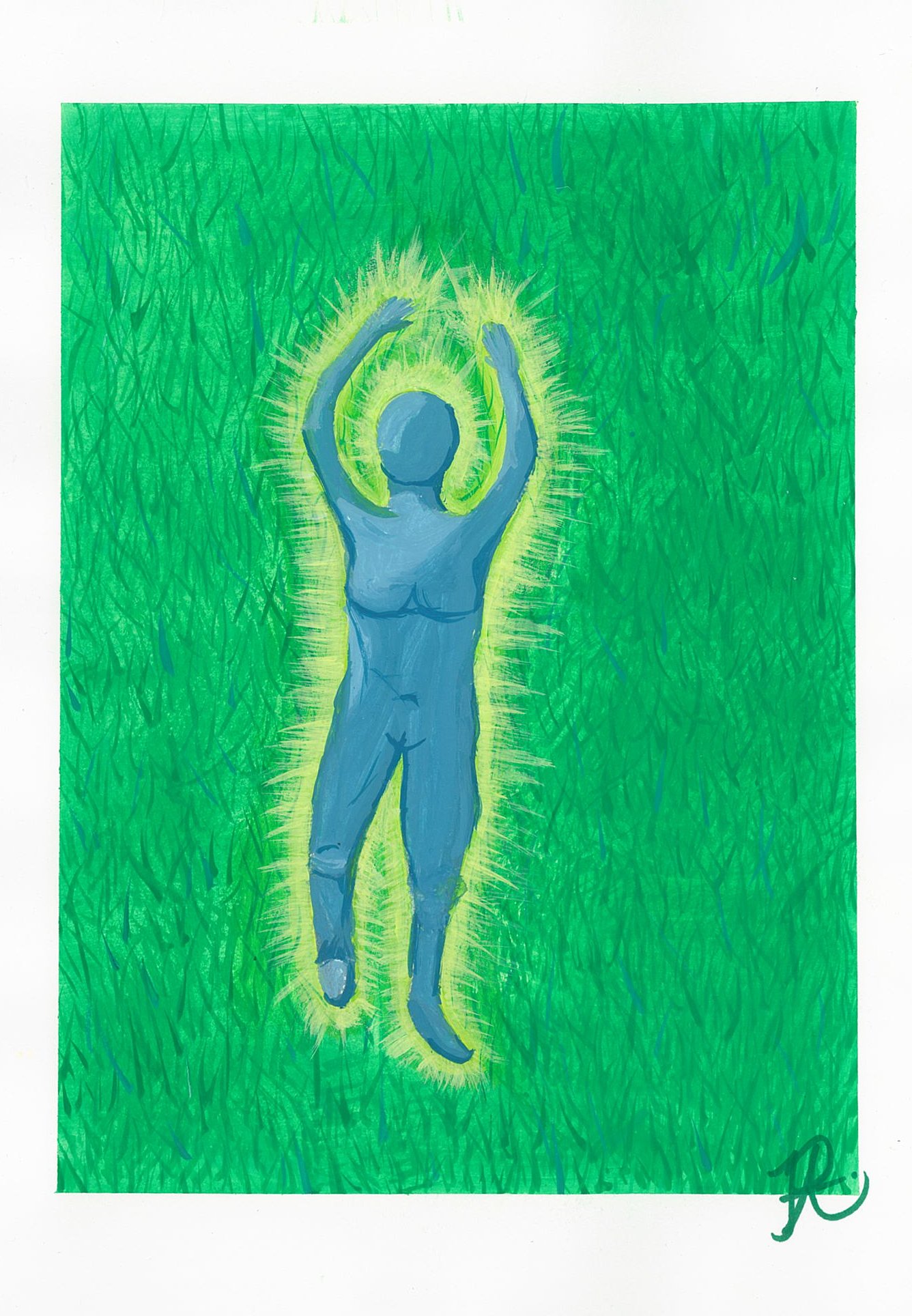TRAUMA-INFORMED PEDAGOGY PROJECT
ABOUT US
UCSB’s Trauma-Informed Pedagogy project acknowledges the university “learning environment” as often traumatizing and recognizes that many of our students are dealing with sexual, racial, and anthropocenic forms of trauma—not to mention a global pandemic—when they enter the classroom. These realities can make it difficult for students to focus their minds. The Trauma-Informed Pedagogy project aims to explore pedagogical interventions and engage with scholarship that will enable us as students and educators to foster trauma-informed classroom environments that are inclusive, equitable, and supportive.
UCSB’s Trauma-Informed Pedagogy project was started by Professor Julie Carlson and Professor Sowon Park of UCSB’s English department in Spring 2022. Acknowledging the rise in statistics of student trauma, anxiety levels, and an increase in Disabled Students Program (DSP) protocols that were heightened during to the COVID-19 pandemic, they realized that there is an urgent need for the university and its educators to address how racial and economic disparities emerge as forms of trauma within the student population.
After applying for and receiving funding from UCSB’s portion of the University of California Office of the President’s (UCOP) funding initiative for equity and mental health, Dr. Carlson and Dr. Park founded the UCSB Trauma-Informed Project under the auspices of the Literature and Mind program. Aili Pettersson Peeker, a lecturer in UCSB’s writing program, soon joined the project as a Research Coordinator.
YOU FIND US ON INSTAGRAM AND TWITTER AT @UCSB_TIP
SEE OUR EVENTS PAGE FOR FUTURE AND PAST EVENTS.
STUDENT PROJECTS
The following projects were created in Sowon Park’s class "Trauma and Somatic Reading." The course starts with a broad discussion of trauma studies across neural, somatic and socio-political domains. It pays particular attention to how writers, philosophers, neuroscientists and psychologists shifted away from thinking of trauma as individual experiences of exception disaster to seeing it as a generalized, everyday condition of modern society. Set texts are drawn mainly from modern literature, all of which engages with disturbing material. In place of the standard trigger warning, the course offers an opportunity to practice trauma-informed somatic experiencing techniques.






